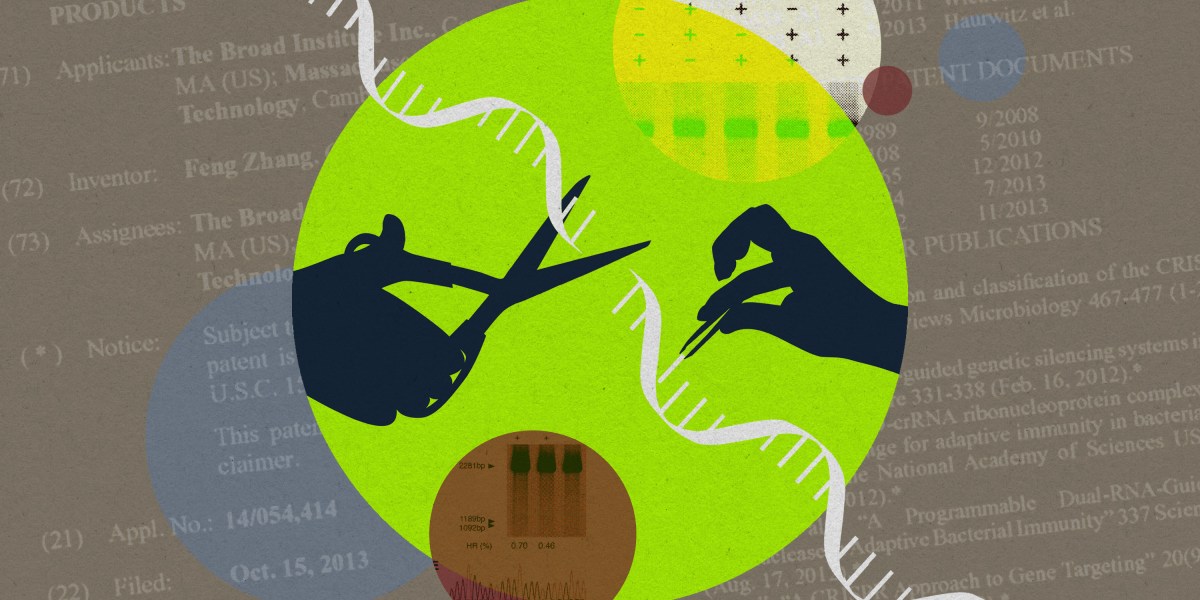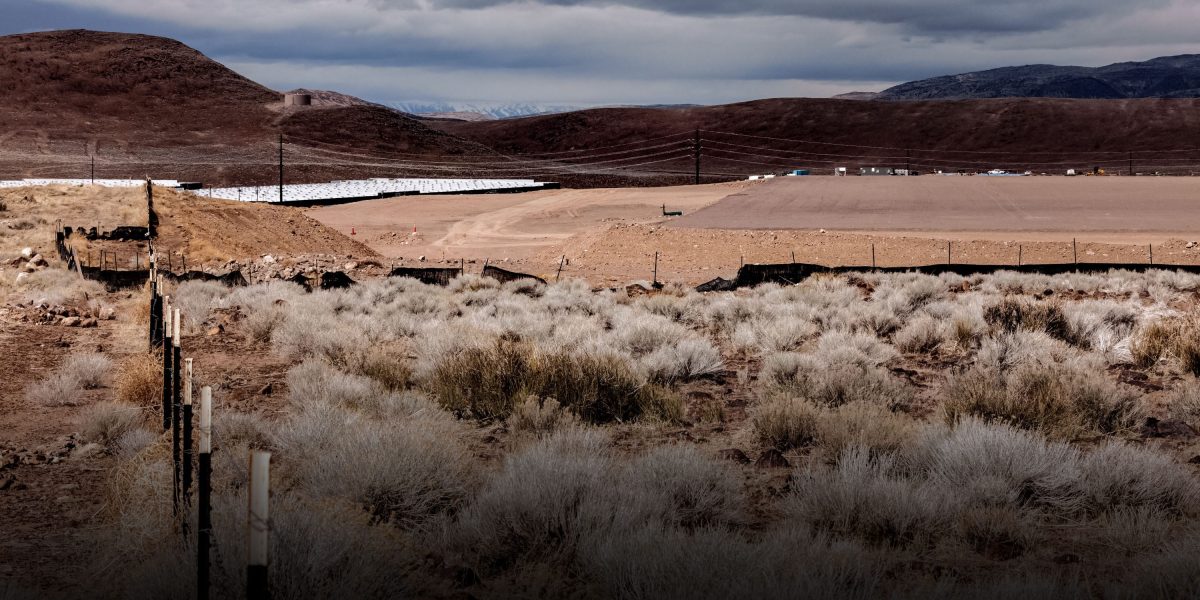The chief intellectual-property attorney at the University of California, Randi Jenkins, confirmed the plan to revoke the two patents but downplayed their importance.
“These two European patents are just another chapter in this long-running saga involving CRISPR-Cas9,” Jenkins said. “We will continue pursuing claims in Europe, and we expect those ongoing claims to have meaningful breadth and depth of coverage.”
The patents being voluntarily disavowed are EP2800811, granted in 2017, and EP3401400, granted in 2019. Jenkins added the Nobelists still share one issued CRISPR patent in Europe, EP3597749, and one that is pending. That tally doesn’t include a thicket of patent claims covering more recent research from Doudna’s Berkeley lab that were filed separately.
Freedom to operate
The cancellation of the European patents will affect a broad network of biotech companies that have bought and sold rights as they seek to achieve either commercial exclusivity to new medical treatments or what’s called “freedom to operate”—the right to pursue gene-slicing research unmolested by doubts over who really owns the technique.
These companies include Editas Medicine, allied with the Broad Institute; Caribou Biosciences and Intellia Therapeutics in the US, both cofounded by Doudna; and Charpentier’s companies, CRISPR Therapeutics and ERS Genomics.
ERS Genomics, which is based in Dublin and calls itself “the CRISPR licensing company,” was set up in Europe specifically to collect fees from others using CRISPR and it claims to have sold nonexclusive access to its “foundational patents” to more than 150 companies, universities, and organizations who use CRISPR in their labs, manufacturing, or research products.
For example, earlier this year Laura Koivusalo, founder of a small Finnish biotech company, StemSight, agreed to a “standard fee” because her company is researching an eye treatment using stem cells that were previously edited using CRISPR.
Although not every biotech company thinks it’s necessary to pay for patent rights long before it even has a product to sell, Koivusalo decided it would be the right thing to do. “The reason we got the license was the Nordic mentality of being super honest. We asked them if we needed a license to do research, and they said yes, we did,” she says.




